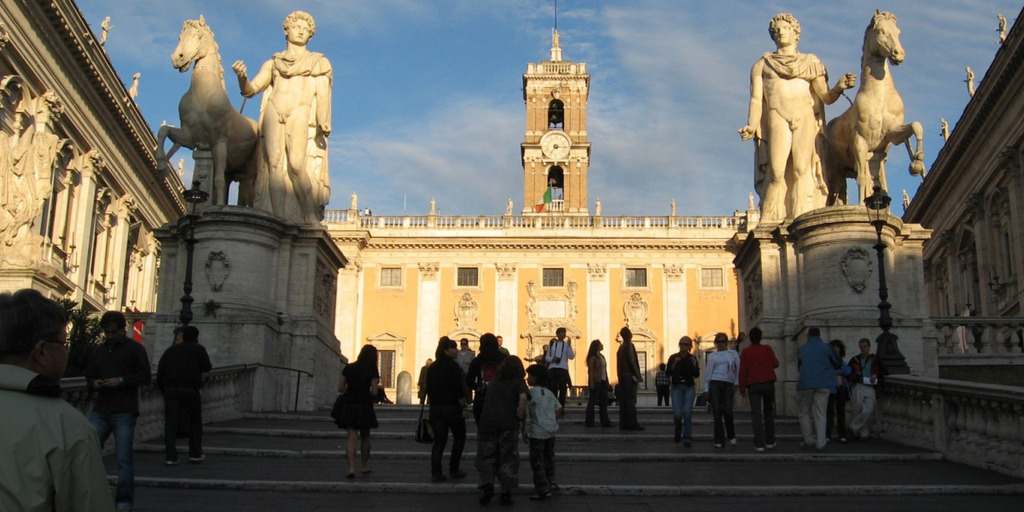The French Anne-Marie Le Gloannec is Senior Research Fellow at Sciences Po in Paris
Mrs Le Gloannec, in your opinion, what is the remarkable achievement of European integration?
For the first time in Europe, we are experiencing an "organized" peace. Europe has always found itself somewhere between fragmentation and unity. Fragmentation has not always been a disadvantage. It can, in fact, be an advantage as it allows for competition and diversity.
But after two attempts at suicide – that is, the two world wars of the 20th century – Europe set its sights on establishing peace across the entire continent. And it did this, despite the cold war, the catastrophe in the Balkans and civil war in Northern Ireland. Through this process, Europe succeeded in actually making Europeans out of the people of Europe.
What is the greatest challenge facing the EU today?
Survival! We can no longer rule out the possibility of the demise of the European Union. I think there are two possible scenarios here. The first comes down to the death of the EU. The second scenario is that Europe survives. It survives because European legislation has become national legislation; it survives as a result of interlocking trade and so on. The interpenetration of these various dimensions are what allows Europe to advance.
The election of Marine Le Pen to the French presidency would be the worst-case scenario for the EU. Her election could precipitate the end of the EU, the end of all projects that France, a pillar of the European project, has facilitated. But this death is not inevitable.
Europe has had to navigate several crises in the postwar era. But now, for the first time ever, it must deal simultaneously with internal and external problems – with a combination of both. We face considerable risks because they penetrate each other at a time when we lack defendable borders. This deluge of crises poses a huge challenge to Europe, which is struggling for its very existence. Russia is infiltrating Europe by various means, which is only one facet of these crises.
Where do you see the EU in ten years?
This is hard to say, in light of my answer to the second question. We live in uncertain times, not only here in Europe but across the globe as well. Passion, in the hands of extremists and populists, are the tool of manipulation. Will they succeed? Marine Le Pen may become president this year; but then again, she may disappear from the political scene within five years. Who knows?
Given this uncertainty, I prefer to think in terms of scenarios. In other words, the worst case is not inevitable. There are encouraging developments: In Romania, a corrupt country, the masses have taken to the streets to demonstrate against corruption. Spaniards are taking in refugees with open arms. The Austrians have elected Alexander Van der Bellen as president. In France, Emmanuel Macron could win. Each of these things point to the presence of strong principles, even in times of crisis.
On the other hand, Europe has not done well in terms of selling itself to the rest of the world and in protecting its borders (admittedly, this is much more difficult than protecting the borders of Canada). The European Union has yet to run an inventory on its strengths and weaknesses. In ten years, we might have more than 27 members, perhaps less than 27. This, too, is open to question and there are several potential scenarios. In short, much of this is unpredictable.




